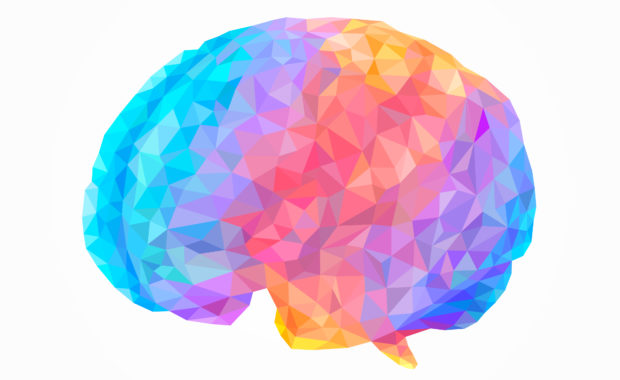2 minute read As the field of artificial intelligence advances, health care providers express concerns about whether computers will at some point outperform us. Although machine learning and particularly deep learning has produced some impressive achievements, the way that the human brain develops and acquires knowledge cannot at this point be replicated. This does not […]
Tiny Housekeepers: Emerging Roles for the Smallest Brain Cells
3 minute read If neurons are the brain’s rock stars, then glia are its supporting cast. Although neurons are the only brain cells that can transmit electrical signals, glia maintain energy homeostasis via glycogen storage and regulation (Dienel & Carlson, 2019) and are intimately involved in the production and regulation of two essential neurotransmitters: GABA […]
Food for Thought: How the Brain Feeds Itself
3 minute read The human brain constitutes about two percent of body mass yet consumes approximately 20% of available blood sugar (Mergenthaler et al., 2013). Unlike other major energy consumers such as muscle and liver cells, neurons store very little glucose, certainly not enough to avoid a shortage (Dienel & Rothman, 2019). In addition, while […]
In the Mind’s Eye: Adapting New Technology for a Familiar Adage
5 minute read Emerging research is bringing new meaning to this familiar adage. Although the study of eye movements is more than a century old, new technology has made eye tracking devices more comfortable for research subjects, and more portable for use in naturalistic settings.1 In general, eye movement studies are of two types. The […]




